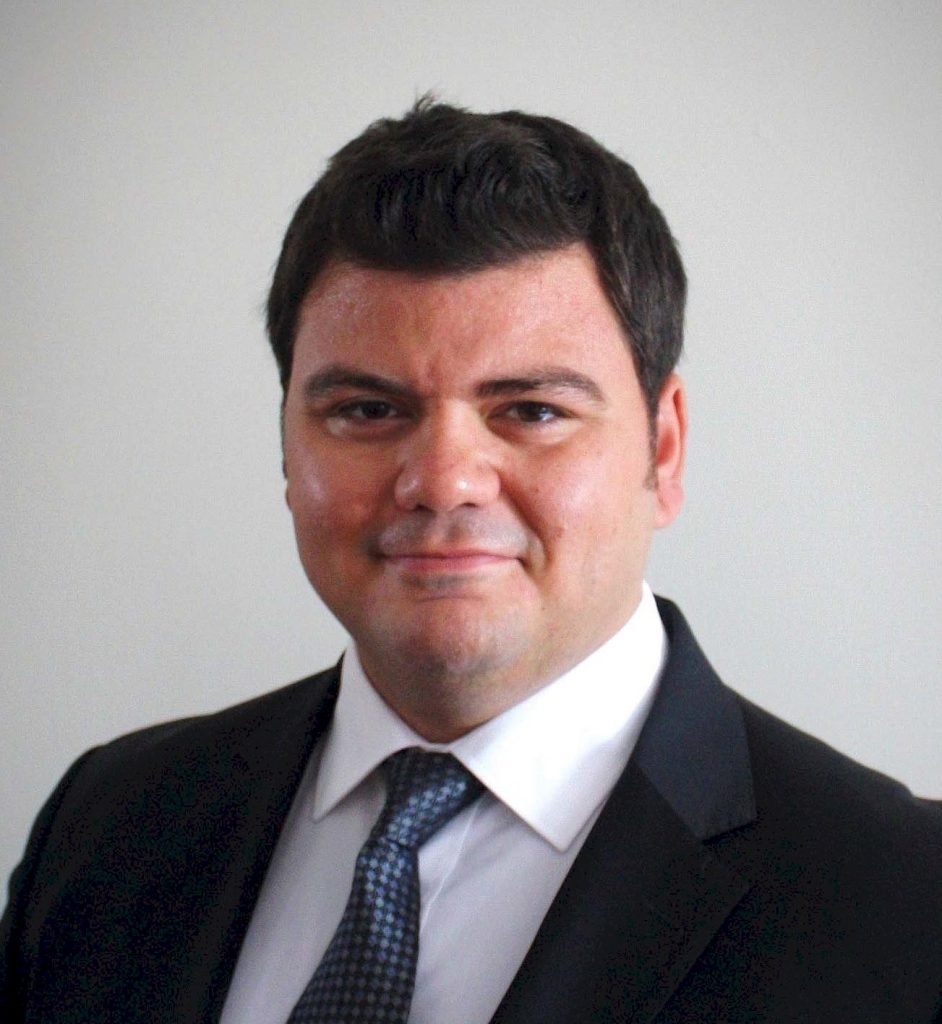BORA ŞİRANLI
Project and Sales Engineer / Nederman
In our today’s world, which faces the risk of depletion of the resources and a destabilized natural balance, efficient use of the energy has become a vital issue, a resource which has already produced under difficult conditions and at high costs. As one of our country’s locomotive industries and the world’s major energy consumer among heavy industry, cement industry has a cost structure where the largest share taken up by energy consumption.
It is safe to say that general improvements in the cement industry are also extremely important for Turkish cement industry, enjoying the status of the largest producer in Europe, which has constantly been growing since 2015 in terms of minimization of the operational costs and reinforcement of the market position, which will be enabled by energy savings in the facilities.
In cement industry, production of one metric ton cement requires 100-110 kWh electricity and 2.5-4.0 GJ fuel energy. Fuel energy is used to protect clinker in the rotary kilns, and electric energy in raw material preparation, cement grinding, raw material transfer, packaging and auxiliary plants. In Turkey, the share of energy has recently risen from 60% to 75% in the total production cost. At this point, leading plants of the industry have been investing in the cost-reducing and efficiency boosting solutions, striving for keeping up with new trends in the industry.
Many cement producer across the world has succeeded in reducing energy costs by up to 20% thanks to an integrated approach in energy management. One of key points of this strategic approach is to set cost reduction goals, and use highly energy efficient equipment that meets actual needs of the plant. Substantial part of the electricity used in the industry is consumed by the systems driven by an electric motor. If we are to make a calculation over average lifetime of an electric motor, it is observed that energy it consumes over its lifetime reaches up to approx. 100 times of its sales price. At this point, reduction in the number of electric motor systems or savings in operating times will directly improve the general electricity need of the plant.
Filter cleaning of most filtration systems used in the facilities are made via compressed air provided by the compressors of the plant. Given that 90% of the electric energy lost in the compressor and only 10% is used in the compressed air, we understand the importance of the savings in the compressed air used in the plant.
“B-PACTM – IntelliPULSETM – A New Technology for Energy and Time Savings in Filters”
B-PAC IntelliPULSE technology offered by us, Nederman, amount of air to be needed by filter for cleaning as well as operating time is analyzed via sensors and control panel, enabling better cleaning with much lesser air. With strict control of compressed air, it is possible to reduce the energy need necessary for cleaning of the filters by up to 60%.
Also, filter cleaning is maintained with lesser pulse, resulting in much lesser micro lacerations in the filters. Thus, useful life of the filters becomes longer and accordingly filter replacement costs decreases by 40%.
In an application, 9 compressors were needed in order to meet the compressed air requirement of a bag filter set which was running at continuous cleaning mode before the B-PAC system. After installation of B-PAC IntelliPLUSE, it is observed that (A) substantial part of the filters have undergone lesser pulse up to 90% for cleaning. Accordingly, the number of 9 compressors required for filtering first reduced to 7 (B) and then 5 (C) compressor, and therefore an energy saving of up to 60% achieved.
B-PAC IntelliPULSE also enables easier detection of the punctures in the pulse membranes, and solenoid failures including location of such failures. According to feedbacks from applications, it is reported that 200 man/hour maintenance time decreased down to 14 man/hour levels.
Furthermore, once system integration put into operation, FilterWareTM HMI/ SCADA reporting software will make it possible to monitor, analyze, control data on the panel remotely in a centralized location.
In recent years where almost every plant has been seeking ways to achieve savings in energy costs, the leading companies of the industry has been developing innovations to meet these demands, and offering end users technologies to reduce costs.
As Nederman, we developed B-PAC IntelliPULSE system which minimizes the compressed air and maintenance as needed by the filters used in many industries, notably of Cement industry. Thus, we meet the requirements of the plants for filter sets in line with their Industry 4.0 goals, doing our part in development of the plants of the future.


